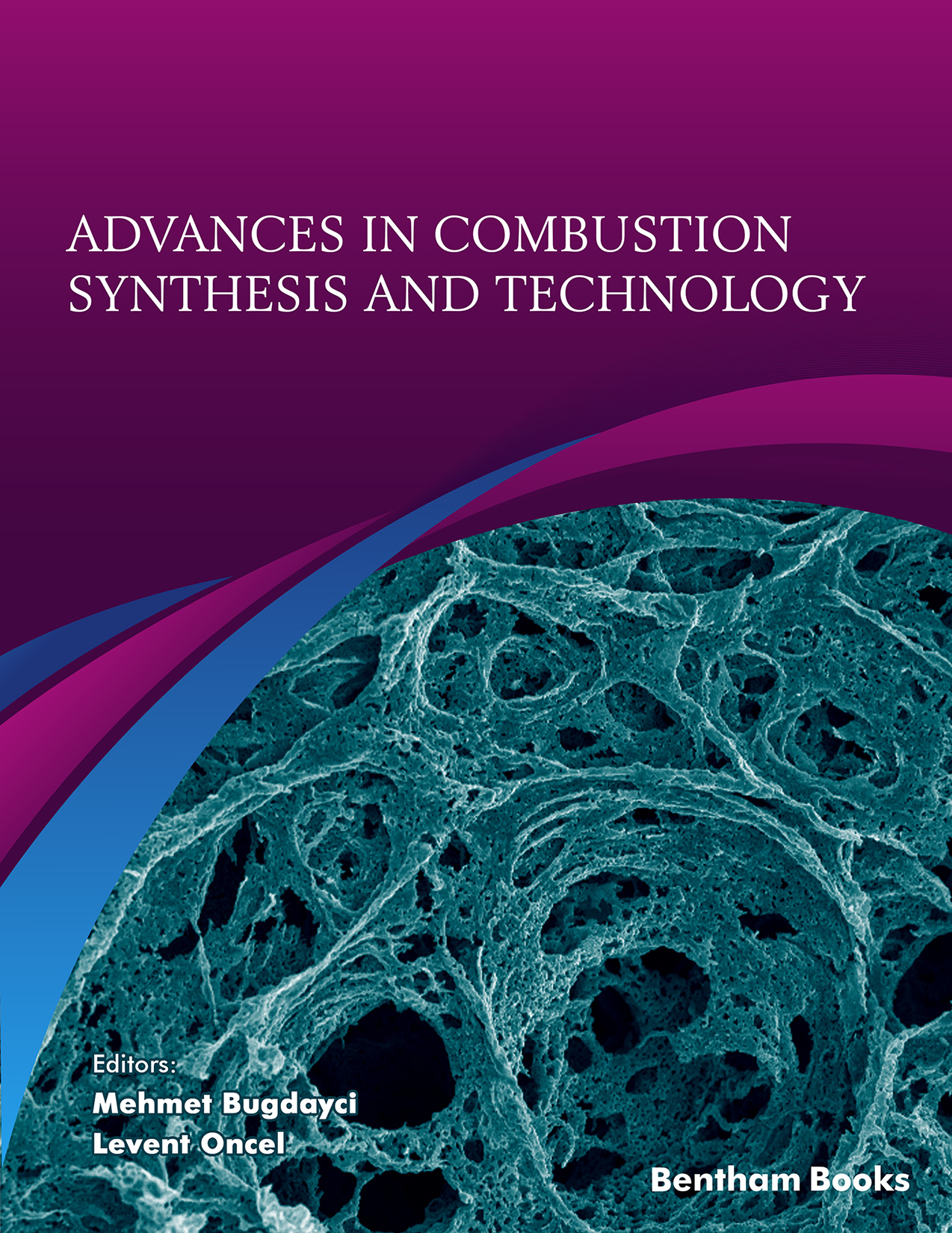Money, energy, time, and workforce are spent in the production processes of materials. Developing the best method by optimizing these processes is an important responsibility considering the limited resources. Combustion synthesis is a method that stands out when compared to other production methods, as it is a fast and simple process, with no carbon emission and low process cost. This situation attracts the attention of researchers who want to produce materials. This book is prepared by researchers who are experts in their fields, contains the detailed features of combustion synthesis, and is created as a guide for scientists and industries who want to work on the subject.
Chapter 1: In the first part of the book, the thermodynamic and kinetic properties of combustion synthesis are examined in detail and how the process begins, continues and ends are explained. The programs used on the subject and the working principles of these programs are explained.
Chapter 2: In the second part of the book, the combustion synthesis of functionally graded materials, which has attracted great interest in recent days, as well as the production and process conditions are examined in detail. The chapter is supported by real studies on the subject, and the results are compared within the chapter.
Chapter 3: In this chapter, combustion synthesis technique is examined in detail, the history of the subject, thermodynamics and kinetic principles are emphasized. In particular, the production parameters of non-ferrous nanomaterials with different combustion synthesis techniques are examined and the findings are compared with real examples.
Chapter 4: In the fourth chapter of the book, the parameters used in different boron carbide production methods are compared with the production parameters used in combustion synthesis, and optimum conditions for the synthesis of the material are determined.
Chapter 5: In the fifth chapter, the effects of nanocomposites produced by volume combustion synthesis on the absorption process are investigated. Studies in the literature on the subject are summarized in detail in the chapter.
Chapter 6: In the sixth chapter of the book, the production conditions of shape memory alloys by combustion synthesis method are examined and the information in the literature is presented in detail.
Chapter 7: In the seventh chapter, the types of biomaterials are explained, and the expected properties from these materials are discussed. Afterward, it is examined how well the materials produced by combustion synthesis meet these expectations.
Chapters 8-9: In these chapters, the production of rare earth materials by combustion synthesis method is examined by two different expert groups. The effect of combustion synthesis in the production process of these materials, which are shown in the critical material group by the European Union, is examined.
Mehmet Bugdayci
Chemical Engineering Department
Yalova University
77200 Yalova
Turkey
&
Levent Oncel
Metallurgical and Materials Engineering Department
Sinop University
57000 Sinop
Turkey

